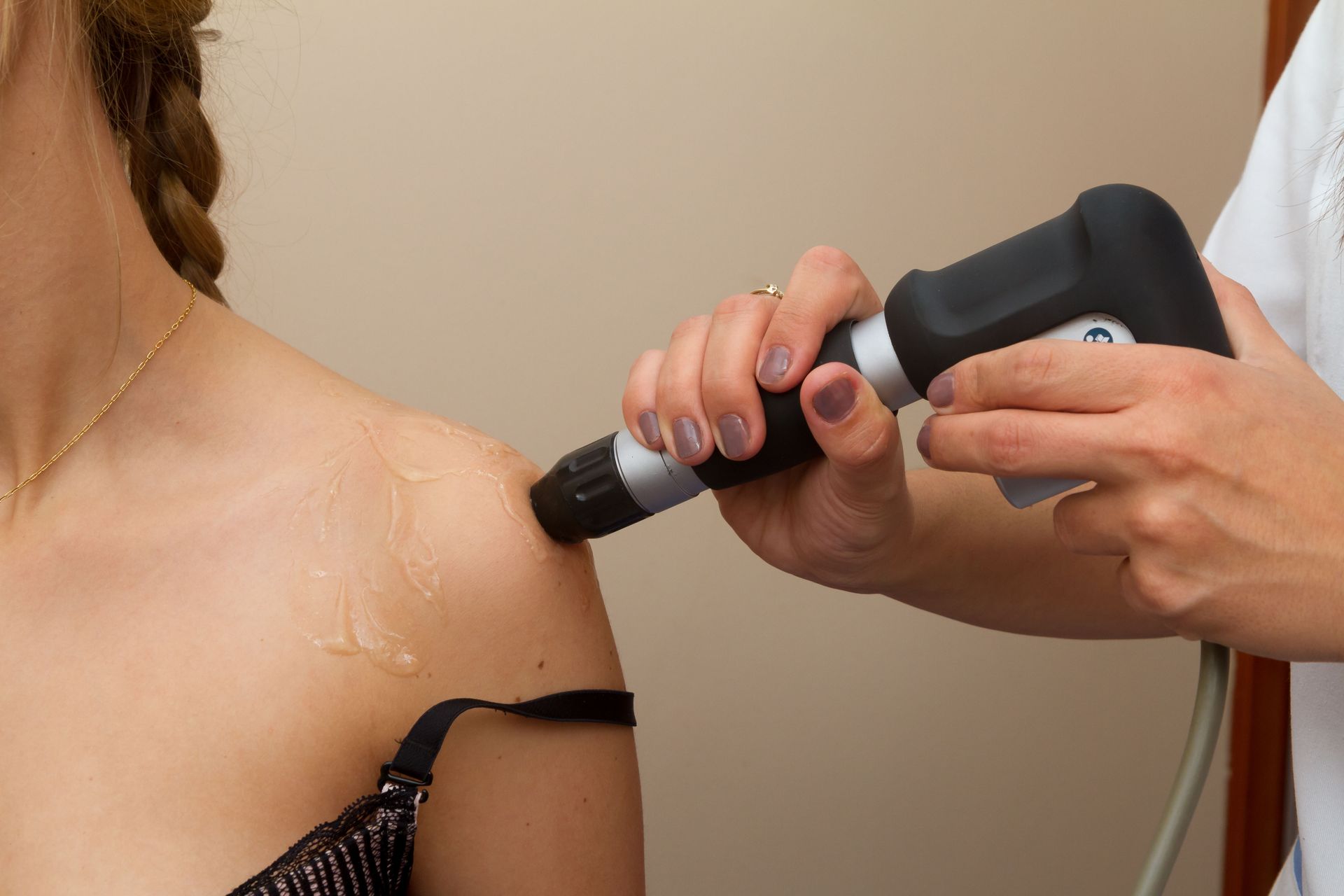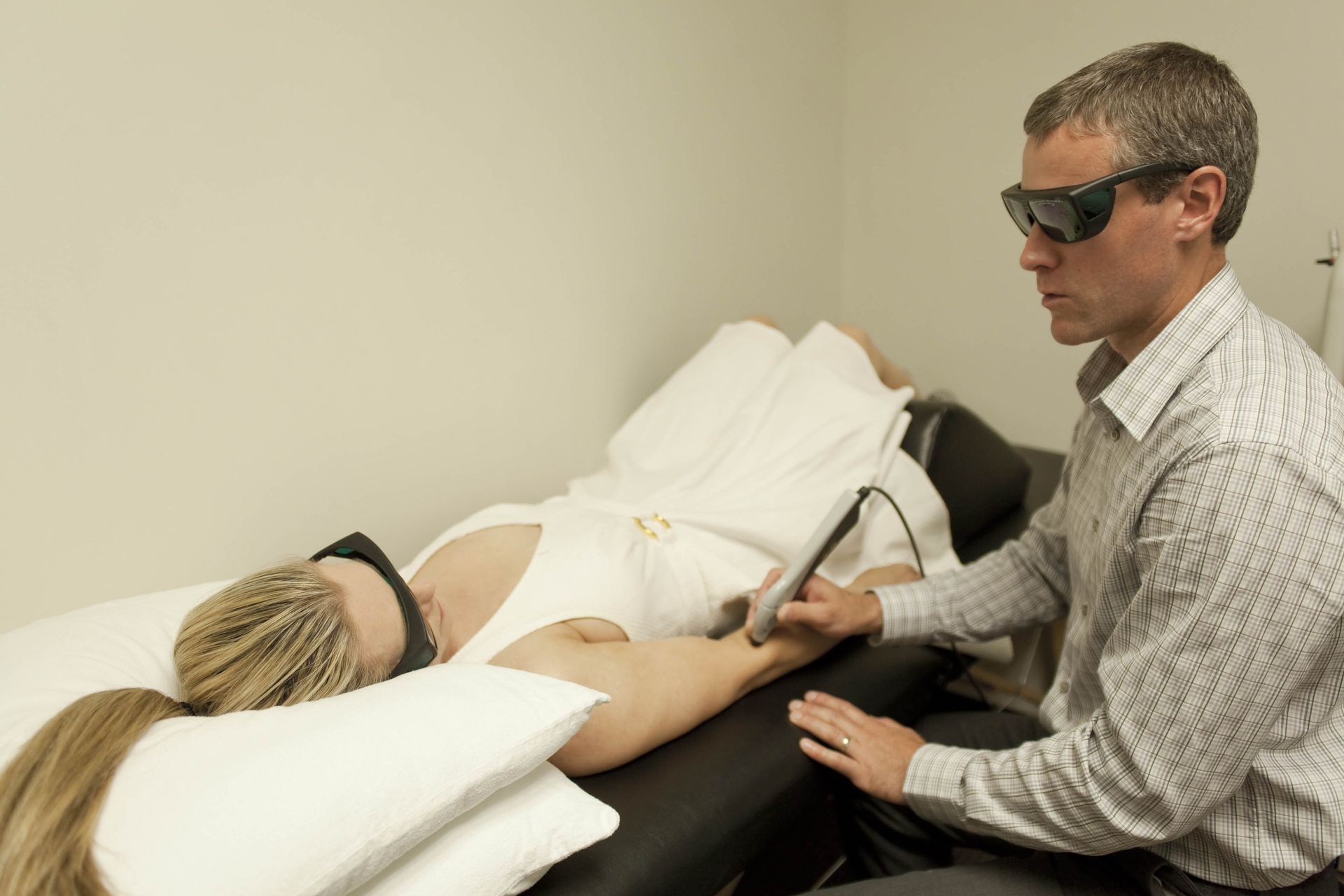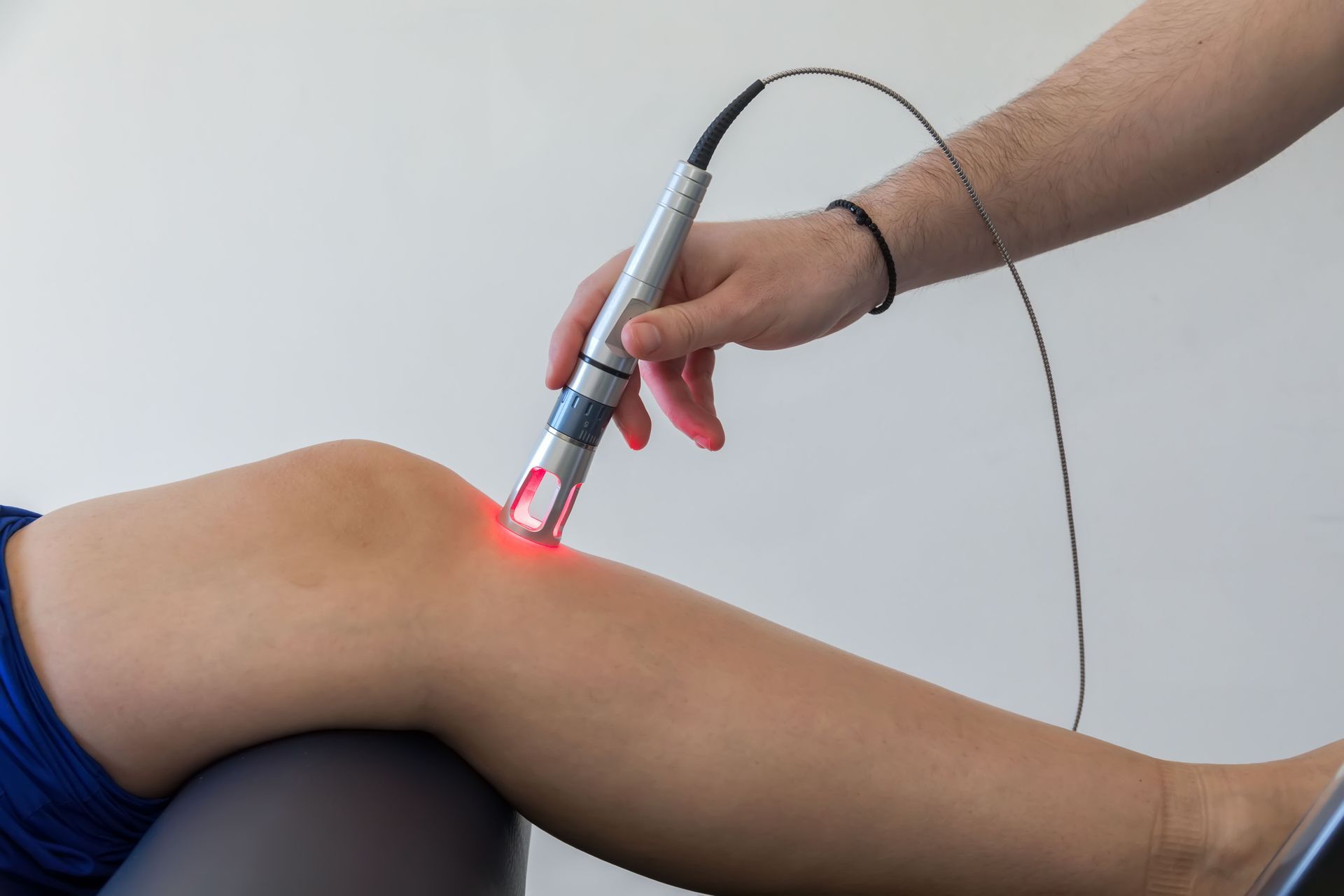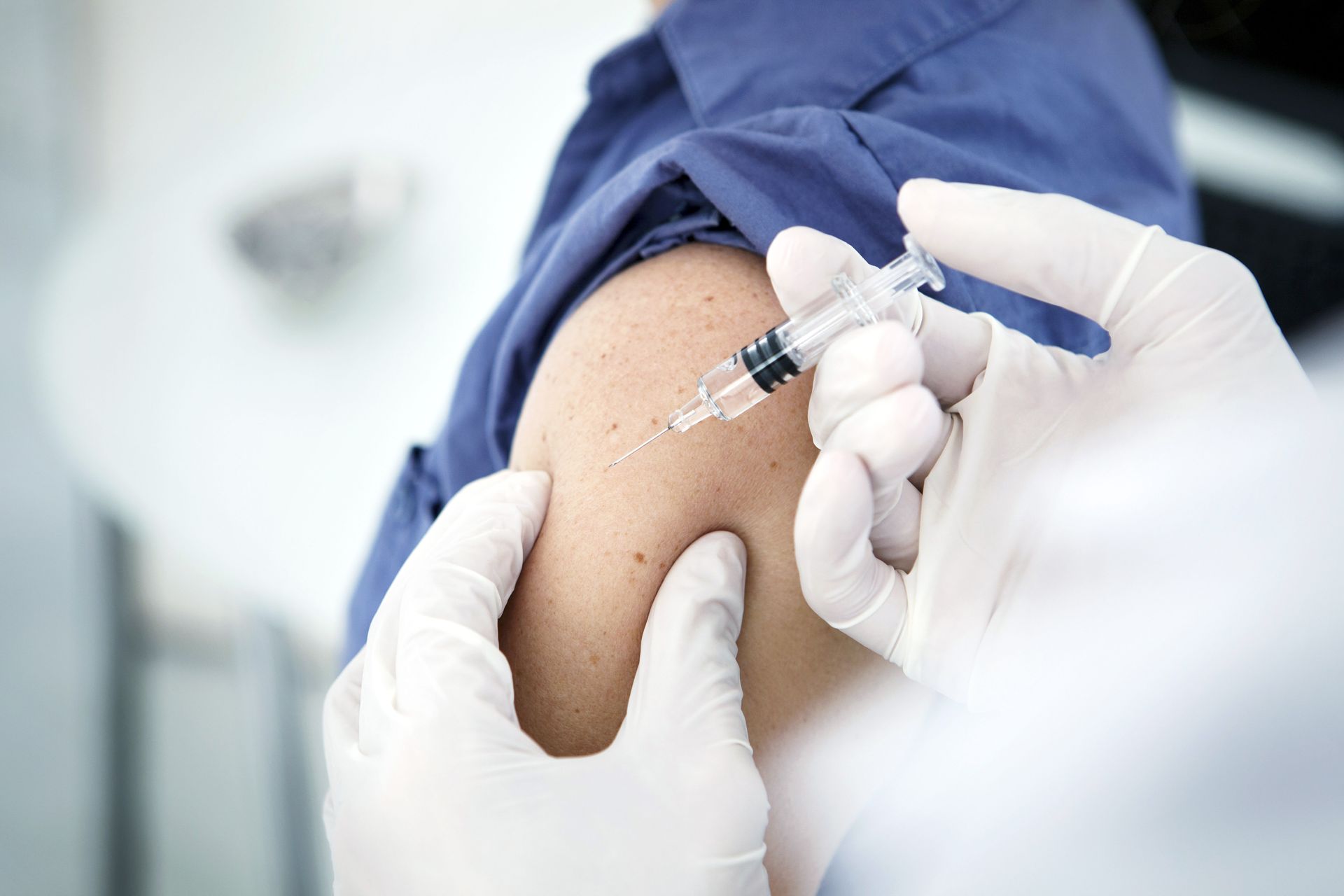Managing Menopause Symptoms with Hormone Replacement Treatment
Menopause is a natural stage of life, but that doesn’t make the experience any less challenging. From hot flashes to sleep disruptions and emotional changes, this transition can leave women searching for solutions that bring back balance and comfort. One of the most effective and widely discussed options is hormone replacement treatment, which works to restore the hormones the body no longer produces. Today’s approaches are safer, more personalized, and designed to improve quality of life. This article explores how hormone replacement treatment can help manage symptoms, reduce long-term risks, and provide a clearer path to health during and after menopause.
Understand the Process of Menopause
We have seen from our experience that menopause typically begins in the late 40s or early 50s and is marked by the end of menstruation. As estrogen and progesterone levels decline, women often experience disruptive symptoms ranging from hot flashes to mood swings. By better understanding the biological shifts, women can make more informed choices about how treatments like hormone replacement treatment might support their health. Education and awareness of this process can help women feel more prepared and less overwhelmed when symptoms first appear.
Recognize Common Symptoms and Impacts
Hot flashes, night sweats, memory lapses, and fatigue are hallmark experiences of menopause, but they are only part of the picture. Vaginal dryness, changes in libido, and weight gain can affect relationships and confidence. On top of this, cultural expectations and the emotional weight of aging can compound stress, anxiety, or depression. Managing both the physical and emotional aspects of menopause is key, and treatments that address both areas—such as hormone replacement treatment—often provide the most relief.
Explore Long-Term Health Considerations
Menopause isn’t just about short-term discomfort; it also brings health risks tied to declining estrogen. Reduced bone density leads to osteoporosis, and cardiovascular health can decline as estrogen’s protective effects diminish. Without intervention, women may face increased risks of fractures or heart disease later in life. This is why early action and a proactive approach are essential. Incorporating medical treatments like hormone replacement treatment alongside lifestyle adjustments can help mitigate these risks and support long-term wellness.
Learn the History and Evolution of HRT
When hormone replacement treatment first gained popularity, it was seen as a miracle solution. That perception shifted dramatically after the Women’s Health Initiative study raised concerns about breast cancer and cardiovascular risks. Many women and providers backed away, leaving symptoms untreated. However, research has since evolved. According to a 2025 Stanford report, recent 20-year follow-up data show no increased deaths from breast cancer or cardiovascular disease for women who begin therapy before age 60. Despite this reassurance, the same report mentioned only about 3% of eligible women receive treatment today due to lingering fears and misinformation. The current medical consensus highlights that when properly managed and personalized, hormone replacement treatment is safe and highly effective.
Compare Different Therapy Options
Not all hormone therapies are the same. Some women receive estrogen-only therapy, particularly if they have had a hysterectomy, while others require combined estrogen and progesterone treatments to protect uterine health. Delivery methods also vary, including oral tablets, patches, creams, and gels, each offering unique advantages. Bioidentical hormones, which are chemically identical to those produced naturally, are increasingly popular for their compatibility with the body. By comparing options, women and their providers can design a treatment plan that fits medical history, lifestyle, and personal comfort.
Identify Candidates for Hormone Replacement Treatment
Not every woman will benefit equally from treatment, which is why medical assessment is critical. From our experience, hormone replacement treatment is often best suited for women under 60 or within ten years of menopause who are experiencing moderate to severe symptoms. Women with a history of breast cancer, unexplained bleeding, or clotting disorders may not be good candidates. For those who are eligible, the potential benefits often outweigh the risks, but individualized care and ongoing monitoring are essential. A candid conversation with a provider can make all the difference in determining if HRT is the right path forward.
Consider the Benefits Beyond Symptom Relief
For many, the most immediate reward of hormone replacement treatment is relief from hot flashes, better sleep, and improved mood stability. But the benefits extend further. Estrogen therapy helps protect bone health, lowering the risk of fractures, while also contributing to cardiovascular well-being by maintaining artery flexibility and cholesterol balance. Skin elasticity, hair thickness, and sexual health also often improve, boosting self-esteem during a time when many women feel disconnected from their bodies. These layered benefits make hormone replacement treatment more than a symptom reliever—it’s a holistic health strategy. Over time, many women also report feeling more youthful, energetic, and connected to their daily lives.
Weigh the Risks and Side Effects
Like all medical therapies, hormone replacement treatment carries some risks. Short-term side effects may include nausea, bloating, or breast tenderness, while long-term use has been linked to a slightly increased risk of breast cancer and blood clots. However, the context matters. When started at the right age and with proper medical supervision, risks are significantly reduced. Regular monitoring, lifestyle adjustments, and clear communication with healthcare providers help balance the equation between benefits and risks. For many women, the positive impacts far outweigh the concerns. It’s important to remember that staying informed and proactive greatly reduces potential complications.
Incorporate Alternatives and Complementary Approaches
While hormone replacement treatment is the gold standard, alternatives exist for women who prefer non-hormonal methods or who aren’t candidates for treatment. Lifestyle adjustments such as regular exercise, improved nutrition, and stress management can help alleviate some symptoms. Diets rich in calcium, vitamin D, and phytoestrogens may provide additional support. Herbal remedies and mind-body practices like yoga or mindfulness meditation can also help. Some women even find success in combining lifestyle strategies with hormone replacement treatment for a more balanced approach. The key is to create a care plan that respects your preferences and adapts as your needs change.
Personalize Treatment for Optimal Results
There is no one-size-fits-all approach to menopause care. Hormone replacement treatment should always be tailored to individual needs and adjusted over time as symptoms and health conditions change. Open communication with providers ensures that women feel supported and empowered in their treatment journey. By prioritizing both medical insight and patient preferences, personalized plans lead to the best outcomes, allowing women to navigate menopause with confidence and clarity. A thoughtful, tailored approach helps ensure that treatment enhances both short-term comfort and long-term health.
Managing menopause is about more than just symptom control—it’s about reclaiming energy, health, and quality of life during a pivotal stage. Hormone replacement treatment offers a proven, research-backed option that can make this journey easier and healthier. At our clinic in Lambertville, MI, we’ve been committed to helping women find balance and confidence for over 40 years through functional medicine, bioidentical hormone replacement, and peptide therapy.
We understand that every woman’s experience is unique, and that’s why we take the time to listen carefully, evaluate thoroughly, and design treatment plans that reflect your individual needs and goals. From easing hot flashes to protecting long-term heart and bone health, our focus is always on giving you the tools and support you need to feel your best. When you choose Dr. Mark Neumann, you’re not just starting
hormone replacement treatment—you’re gaining a trusted partner dedicated to guiding you through every stage of the process with compassion, knowledge, and care.











Share On: